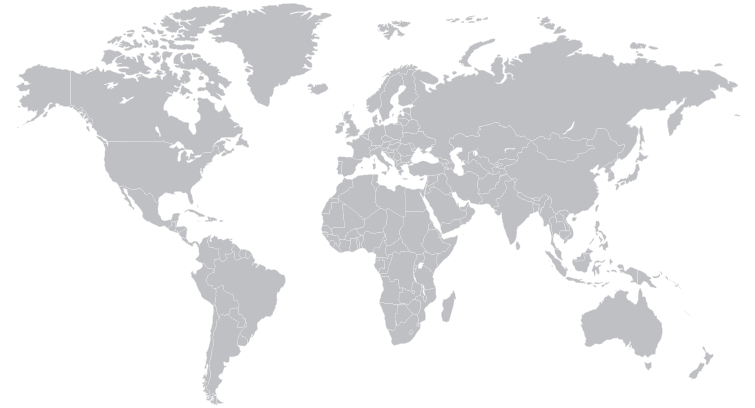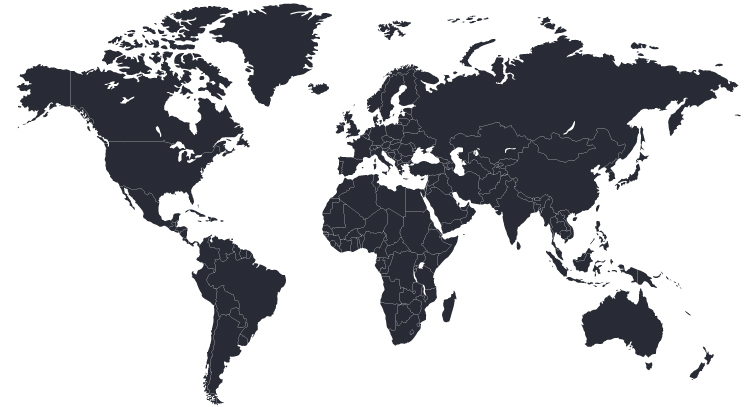Project
CYDIPLO (European Cyber Diplomacy)
About
Cybil code: G0824
Status: Finished
From: Jan 2020
To: Dec 2023
Funders
Implementors
Partners
Warning: Undefined variable $block in /home2/cyb1lp0/public_html/wp-content/themes/cyber/inc/nick-functions.php on line 139
Themes & Topics
Region


Countries
Contact
Summary
This project explores the emerging field of cyber diplomacy in the EU and with key strategic partners. Drawing on perspectives from interdisciplinary perspectives, it explores a variety of questions on cyber diplomacy implementation across various actors and key areas. It also explores the major challenges and the core diplomatic instruments applied to tackle them.
Details
Aim
This project aims to:
- create a consortium of European and Asia Pacific universities to further research and teach cyberdiplomacy and internationalise existing cyber security teaching and research programmes at these universities (the consortium includes Universite libre de Bruxelles, University of Warwick, University of Leiden, University of Bologna, Tallinn University of Technology, International Christian University and University of Waikato)
- foster innovative research on cyberdiplomacy and build expertise among young researchers and teachers on cyber security within the EU, Europe and with strategic partners
- professionalise cyberdiplomacy by (a) developing and embedding graduate and professional training programmes within the EU, and (b) creating teaching and learning materials and modules for emerging cyber diplomats
- combine academic and practitioner perspectives on cyberdiplomacy through stakeholder events in global cyberdiplomacy hubs.
Context
Drawing on perspectives from computer science, political science, law, and behavioural science, CYDIPLO explores a variety of questions on cyberdiplomacy implementation across various actors and key areas.
Outcomes
The intended outcome of the project is to further research and teach cyber diplomacy, internationalise existing cyber security teaching and research programmes, and achieve a further degree of professionalisation within cyberdiplomacy.
Outputs
This project will provide a variety of training platforms within the EU area and beyond, to include (a) a Massive Open Online Course (MOOC) on Cyberdiplomacy, and (b) a series of Teaching and Learning Exchanges, encouraging international and academic interdisciplinary mobility, particularly between political science, behavioural science, computer science and law, and (c) CYDIPLO will also be complemented by an active online presence, consolidating and expanding training programmes for cyber diplomats in different regions of the world within and beyond the CYDIPLO network. Outputs will include:
- A Handbook on Cyber Diplomacy: a state-of-the-art examination of cyberdiplomacy including chapters on the European Union, NATO, The OSCE, the Council of Europe and case studies of leading European cyber states. One of the key aims of the Handbook is to ensure that all regions of the world are represented in terms of their experiences and approach to cyberdiplomacy.
- A to-be-published Journal Special Issue on Cyber Diplomacy containing between 8-10 articles (from authors within the network and invited) engaging with the overarching topic of how different disciplines understand and can explain developments in cyber diplomacy. The Special Issue will incorporate contributions from international relations, political science, behavioural science, computer science and law.
- A series of cyber diplomacy Issue Briefs, on topics including theorising cyber diplomacy, diversifying cyber diplomacy, nation states and cyber diplomacy, and non-state actors and cyber diplomacy.
Activities
The research aspects of the network will and have been developed through a series of 4 workshops in Leiden, Bologna, Tallinn and Warwick. These workshops bring the key researchers together to develop (a) the Research Handbook, (b) the Journal Special Issue and (c) the Issue Briefs – see Outputs.
- 25-26 MARCH 2021. Conceptualising Cyber Diplomacy
The aim of this workshop was to bring all the CYDIPLO network teachers and researchers together and to build understanding within the project of a range of perspectives on cyber diplomacy, what it is, how we understand it from different academic disciplines, and how we can use the multidisciplinary expertise in the project to further the main project activities and outputs.
- 6-7 June 2022. Diversifying Cyber Diplomacy
The aim of the workshop was a) to bring together academia, think tanks and public and private institutions and b) to bring all the CYDIPLO network teachers and researchers together and will focus on issues including, gender issues in cyber security and diplomacy, perspectives from the global south, capacity building challenges in emerging cyberdiplomacy nations, non-traditional/non-western forms and approaches to cyber diplomacy.
- 13-14 December 2o22. The Great Powers and Cyber Diplomacy
The aim of the workshop was a) to bring together academia, think tanks and public and private institutions and b) to bring all the CYDIPLO network teachers and researchers together and will focus on the role the great powers play in cyber diplomacy.
- 13 June 2023. European Cyber Diplomacy: Tokyo Stakeholder Conference
This stakeholder conference brought together researchers, diplomats, other government agencies and officials, industry (including large tech companies) and NGOs to share knowledge about cyber diplomacy between the EU, Japan, and the Indo-Pacific.
The Cybil project repository is being continuously updated, and the information it contains is either publicly available, or consent for publication was given by the owner. Please contact the portal manager with any additional information or corrections. Whilst every reasonable effort is made to keep the content of this inventory accurate and up to date, no warranty or representation of any kind, express or implied, is made in relation to the accuracy, completeness or adequacy of the information contained in these pages.







